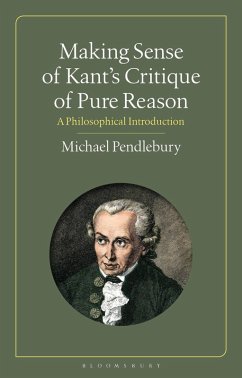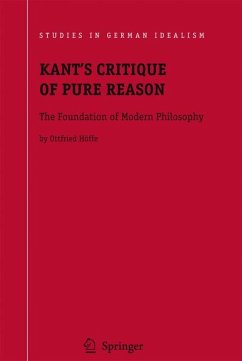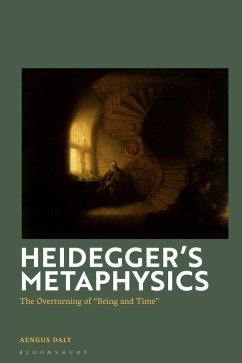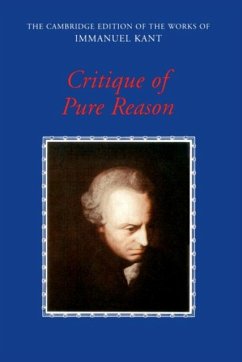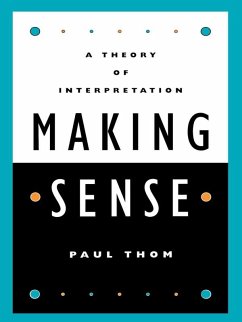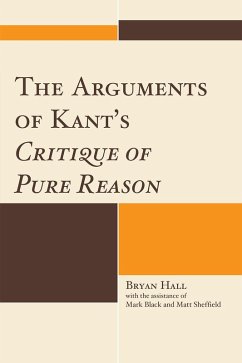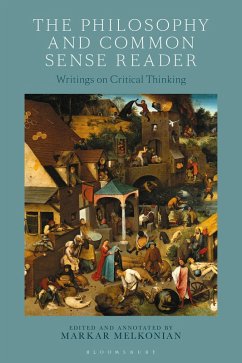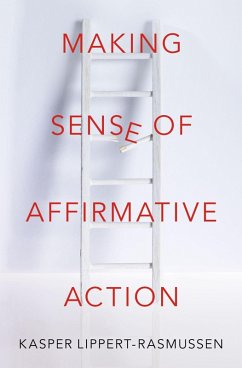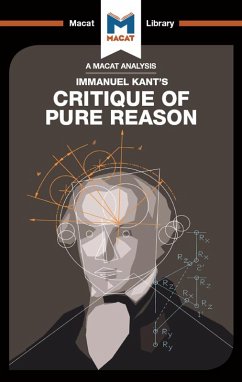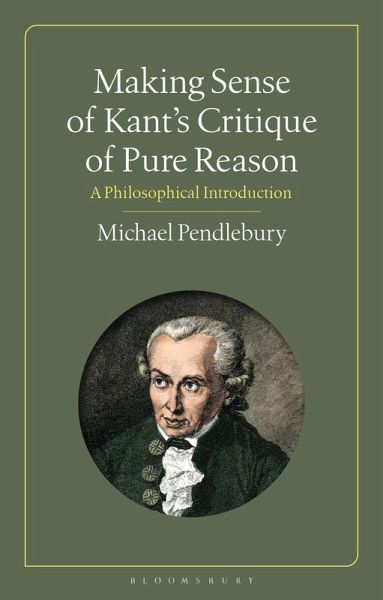
Making Sense of Kant's "Critique of Pure Reason" (eBook, PDF)
A Philosophical Introduction
Versandkostenfrei!
Sofort per Download lieferbar
15,95 €
inkl. MwSt.
Weitere Ausgaben:

PAYBACK Punkte
8 °P sammeln!
Kant's Critique of Pure Reason has had, and continues to have, an enormous impact on modern philosophy. In this short, stimulating introduction, Michael Pendlebury explains Kant's major claims in the Critique, how they hang together, and how Kant supports them, clarifying the way in which his reasoning unfolds over the course of this groundbreaking work. Making Sense of Kant's Critique of Pure Reason concentrates on key parts of the Critique that are essential to a basic understanding of Kant's project and provides a sympathetic account of Kant's reasoning about perception, space, time, judgme...
Kant's Critique of Pure Reason has had, and continues to have, an enormous impact on modern philosophy. In this short, stimulating introduction, Michael Pendlebury explains Kant's major claims in the Critique, how they hang together, and how Kant supports them, clarifying the way in which his reasoning unfolds over the course of this groundbreaking work. Making Sense of Kant's Critique of Pure Reason concentrates on key parts of the Critique that are essential to a basic understanding of Kant's project and provides a sympathetic account of Kant's reasoning about perception, space, time, judgment, substance, causation, objectivity, synthetic a priori knowledge, and the illusions of transcendent metaphysics. The guiding assumptions of the book are that Kant is a humanist; that his reasoning in the Critique is driven by an interest in human knowledge and the cognitive capacities that underlie it; and that he is not a skeptic, but accepts that human beings have objective knowledge and seeks to explain how this is possible. Pendlebury provides an integrated and accessible account of Kant's explanation that will help those who are new to the Critique make sense of it.




